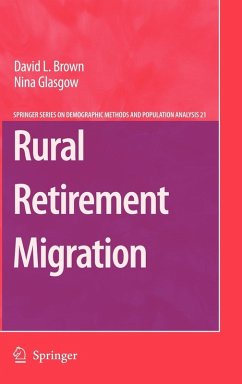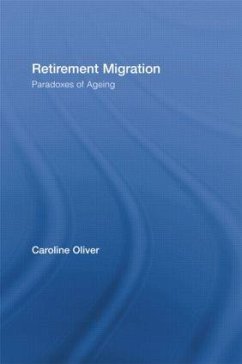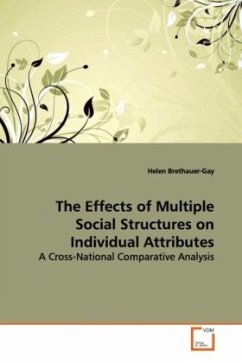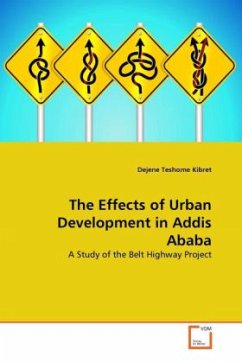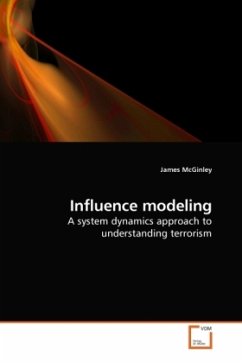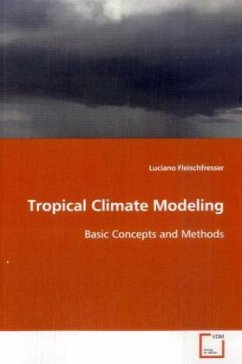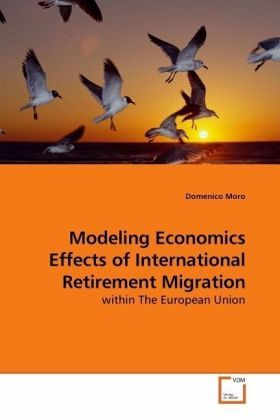
Modeling Economics Effects of International Retirement Migration
within The European Union
Versandkostenfrei!
Versandfertig in 6-10 Tagen
45,99 €
inkl. MwSt.

PAYBACK Punkte
23 °P sammeln!
International retirement migration (IRM) is a growing and significant feature of the European Union. It has important economic implications in terms of the redistribution of social costs, factors reward and incomes. Using overlapping generations models and simulation techniques this book focuses on the economic effects of International Retirement Migration within the European Union. The book summarises the legal and social frameworks within the European Union where IRM takes place. It then develops a quantitative model that tries to explain some reasons why IRM may take place. It also focuses ...
International retirement migration (IRM) is a growing and significant feature of the European Union. It has important economic implications in terms of the redistribution of social costs, factors reward and incomes. Using overlapping generations models and simulation techniques this book focuses on the economic effects of International Retirement Migration within the European Union. The book summarises the legal and social frameworks within the European Union where IRM takes place. It then develops a quantitative model that tries to explain some reasons why IRM may take place. It also focuses on the capital accumulation effect for home and host countries. The presence of large populations of retired foreign residents in European countries raises fundamental questions with respect to the right of access to health and welfare services. Finally, bearing in mind the principle of free movement of capital and the non-discrimination principle in accessing public service within the EU, the book explains the economic effects of IRM for the host country, for the individual migrants themselves, for the host communities and for public policy.




